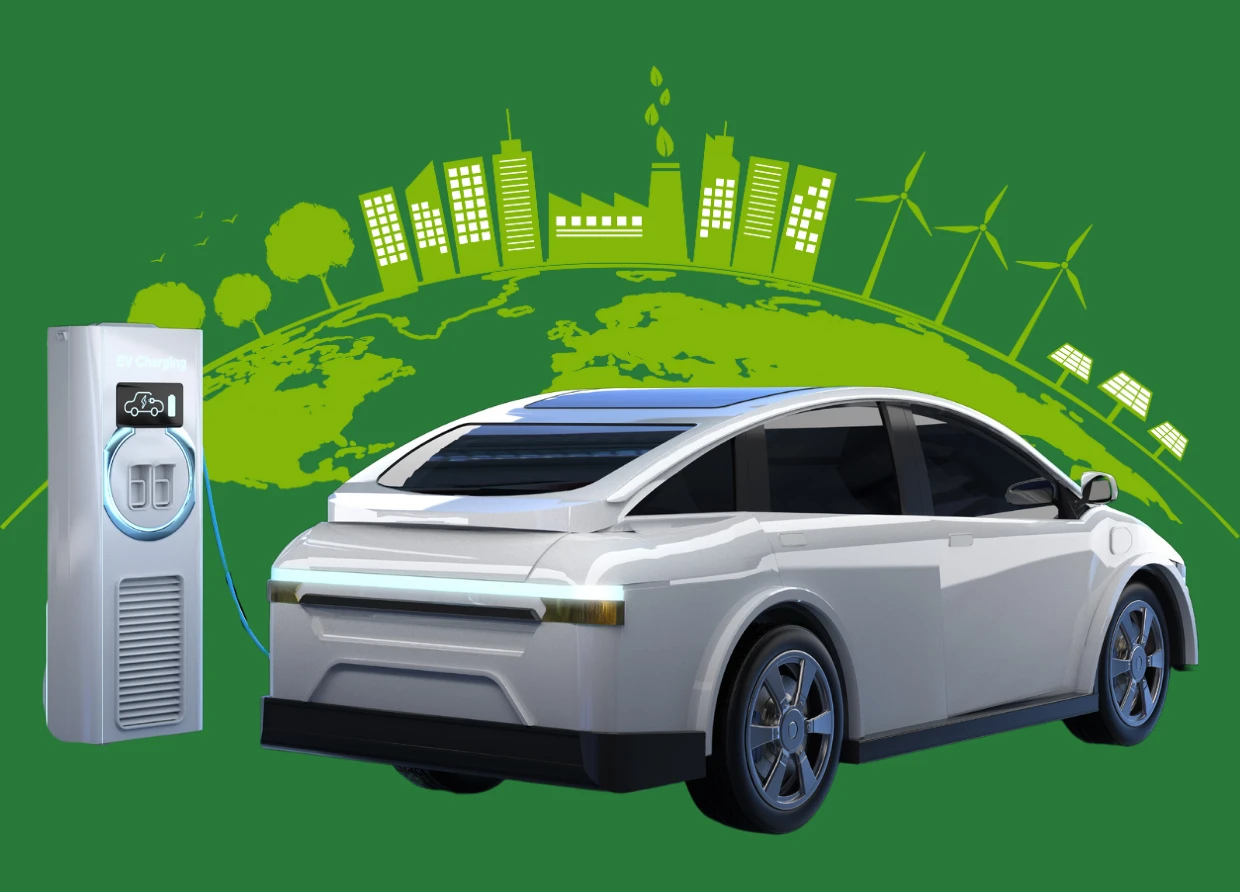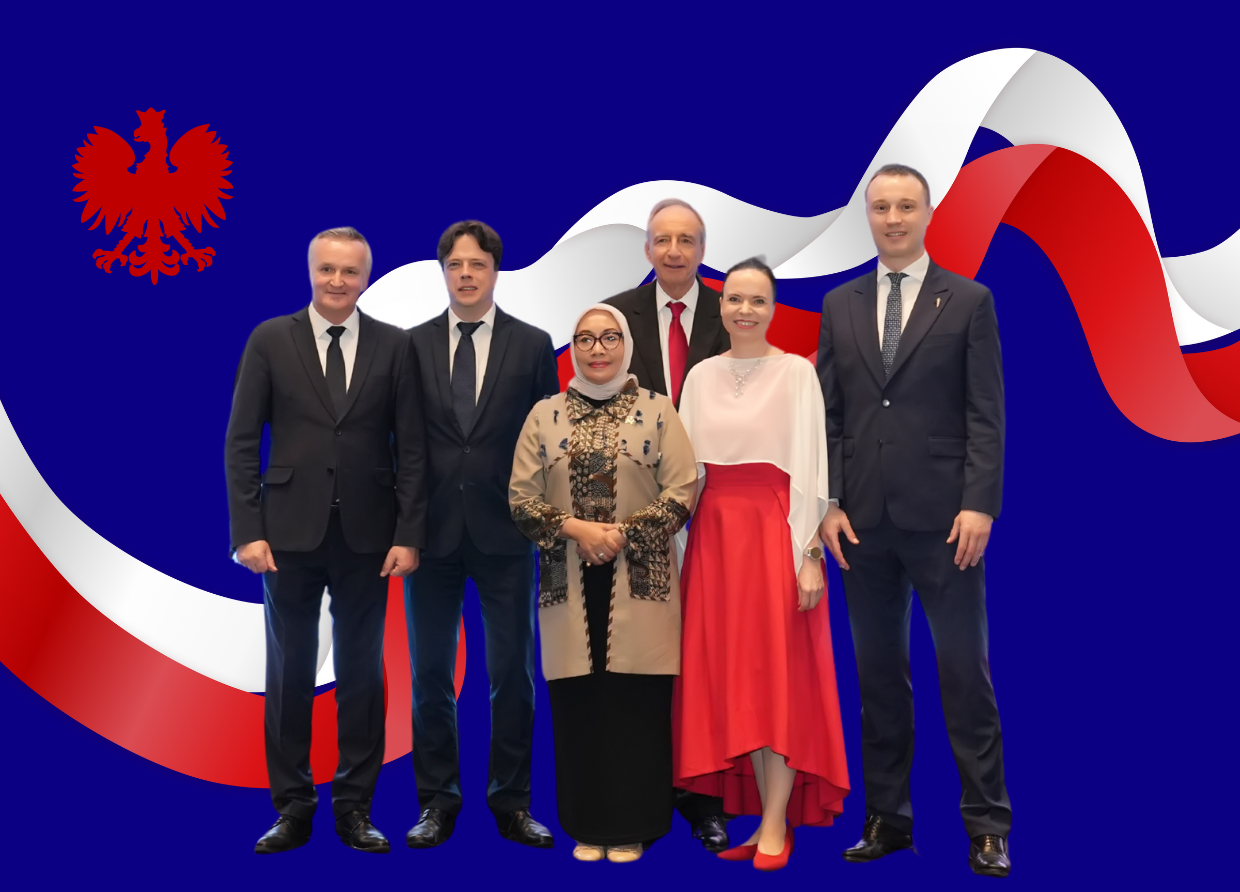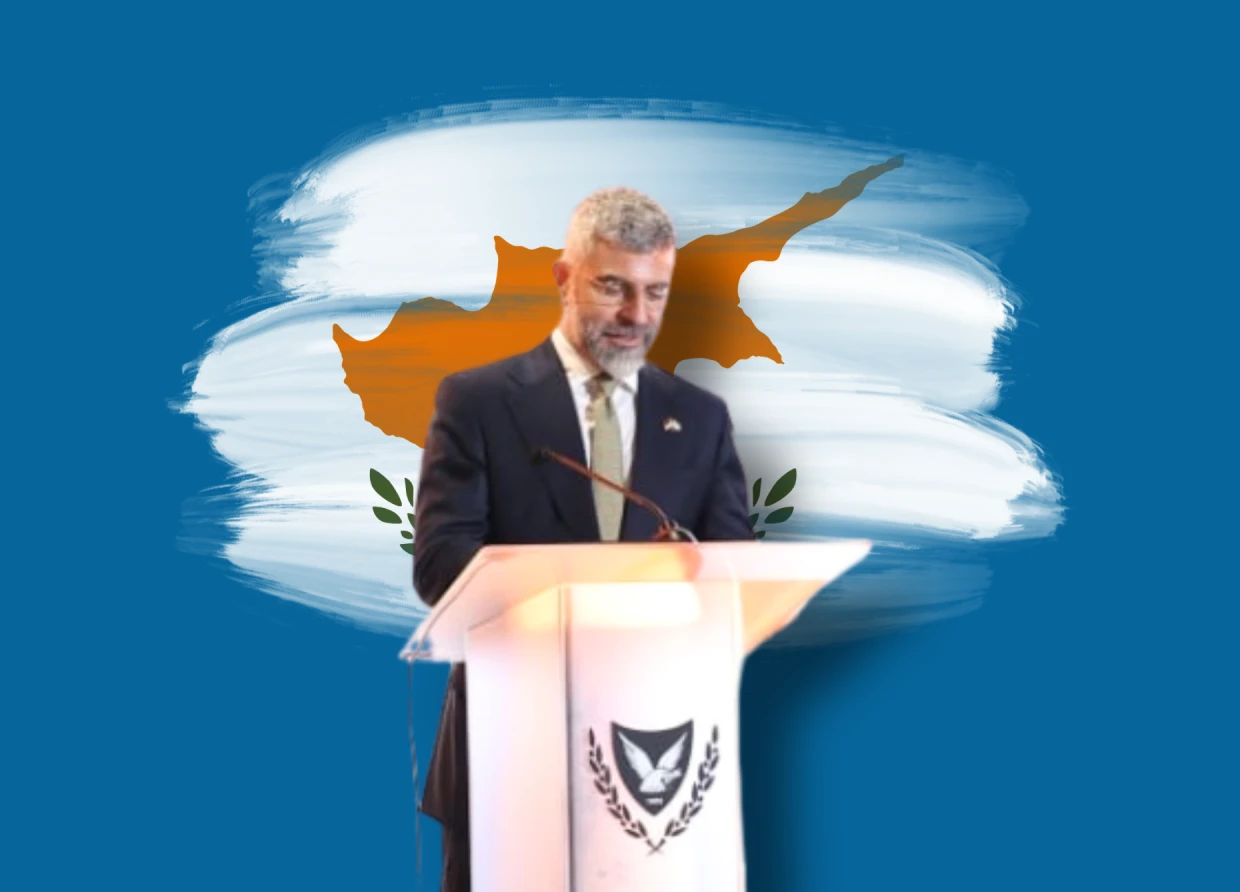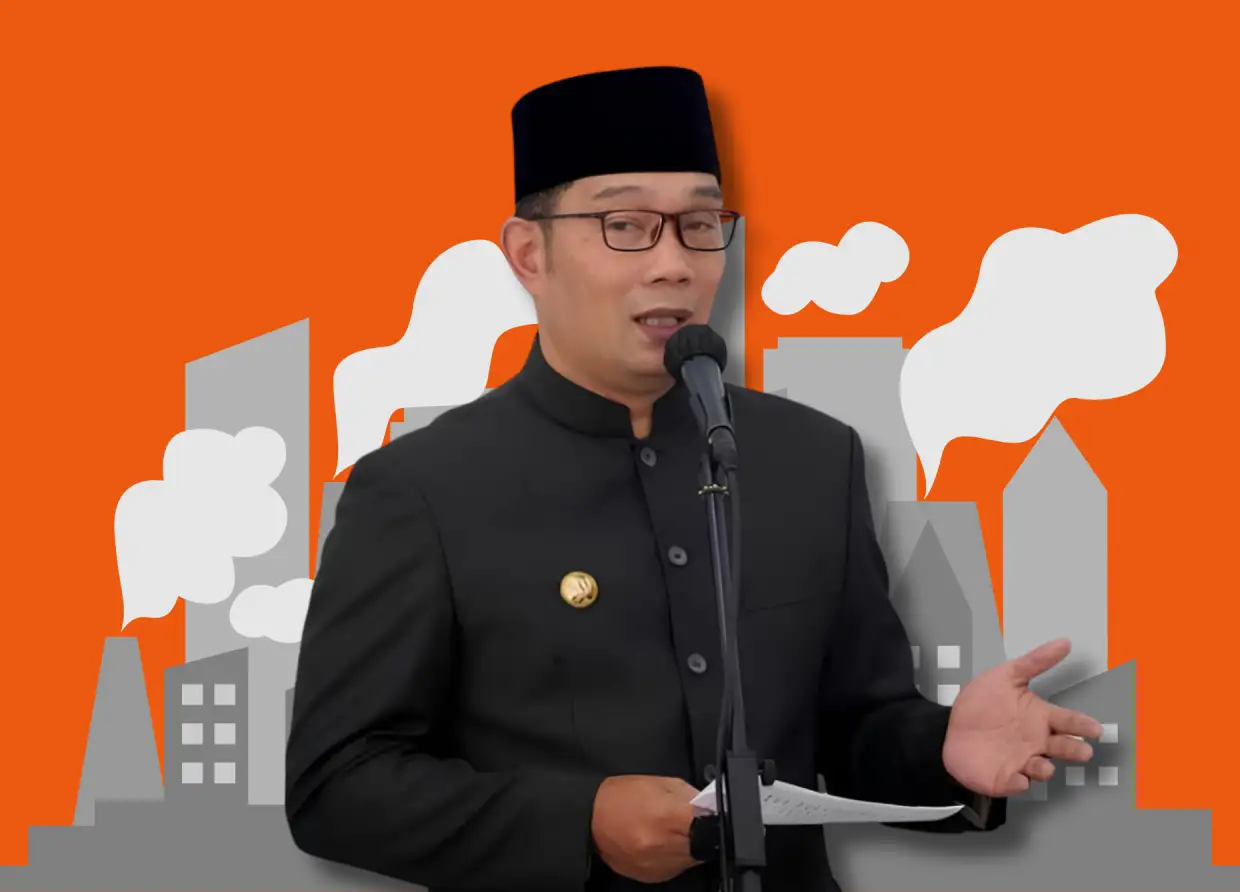INDONESIA'S EV ECOSYSTEM POISED FOR GROWTH AMIDST PUSH FOR SUSTAINABILITY
Electrifying Indonesia: The Drive Towards a Sustainable Transportation Future

Indonesia is undergoing a transformative shift towards electrifying its transportation sector, creating promising business opportunities for both local and overseas investors. This transition from internal combustion engine (ICE) vehicles to electric vehicles (EVs) aims to reduce carbon emissions from the transportation sector, contributing significantly to Indonesia’s overall net-zero target.
A recent report by McKinsey highlights that the Asia-Pacific region is responsible for 50 percent of annual global greenhouse gas (GHG) emissions, representing a significant opportunity for investment, estimated at US$4-5 trillion by 2030 across 11 sectors. Among these, transportation ranks highest with an estimated $1.1 trillion potential, followed by power at $800 billion and construction at $570 billion.
In alignment with global sustainability initiatives, Indonesia is embracing green transportation as part of its commitment to achieving net-zero emissions by 2060. The country’s NZE Road Map for the Energy Sector 2060 mandates that transportation sector emissions should not exceed 52 million tonnes of carbon dioxide by 2060, as stated by the Energy and Mineral Resources Ministry.
As the largest economy in ASEAN, Indonesia, with a population of approximately 270 million, is home to more than 125 million motorcycles and over 17 million cars. The shift to EVs is expected to significantly impact fossil fuel consumption and CO2 emissions.
President Joko “Jokowi” Widodo emphasized at the ASEAN Summit 2023 the importance of building an EV ecosystem to serve as a key part of the global supply chain. Indonesia’s ambition to develop an EV hub is strongly supported by its abundance of natural resources, particularly nickel, a critical component for EV batteries. This resource wealth is attracting companies, including transportation manufacturers, to embed sustainability into their strategies, promoting an eco-friendly transportation sector.
The Electric Mobility Ecosystem Association (AEML) chairman, Dannif Danusaputro, attributes the switch to EVs from ICE vehicles to rising demand, increasing supply, and a supportive regulatory framework. Data from AEML shows a significant surge in EV adoption, with two-wheeled EVs increasing by 262 percent to 62,409 units in 2023, compared to 17,198 in 2022, and four-wheeled EVs rising by 43 percent to 12,248 units in 2023, compared to 8,562 the previous year. Indonesia aims to have 12 million two- and three-wheeled EVs and 1 million four-wheeled EVs, e-buses, and commercial EVs on the roads by 2035, potentially reducing fossil fuel consumption by 21.65 million barrels and CO2 emissions by 7.9 million tonnes.
Sunil Veetil, Head of Commercial Banking Sustainability, Asia Pacific at HSBC, comments, “The need to electrify transport has never been more urgent, and this overhaul represents a massive opportunity to transform our future and reduce our dependence on fossil fuels. Many countries in Asia are providing strong policy support to the EV industry through incentives and subsidies.”
The Indonesian government has implemented various strategic policies to support the growing EV ecosystem. These include providing business certainty, a comprehensive road map, and optimizing the domestic component level (TKDN). Presidential Decree 55/2019 mandates incentives for consumers, such as zero percent luxury sales tax (PPnBM), government-borne value-added tax (PPN DTP), and transfer of motor vehicle ownership (BBNKB) fees. Other consumer incentives include low-interest rates, zero percent down payments, discounts on electricity use, special number plates, and incentives for purchasing two-wheeled EVs amounting to Rp 7 million. For the manufacturing industry, incentives include tax holidays, mini tax holidays, tax allowances, import duty facilities, government-borne import duties, and super tax deductions.
As of April 2024, Indonesia has established 1,380 charging stations and 2,182 battery-swapping stations, showcasing significant progress in EV infrastructure development. The increase in EV adoption, bolstered by Indonesia's natural resources and ambitious government targets, presents a promising opportunity for the automotive industry.
In line with the sustainability strategies embraced by companies, funding is required to support capacity expansions to meet forecasted demand over the next decade. HSBC, with its global presence and extensive experience in Indonesia, provides financial advisory and green and sustainability financing for capital expenditures, mergers and acquisitions, and the construction of battery energy storage and EV infrastructure.
HSBC has supported the growth of Indonesia’s EV industry by helping local and foreign companies construct greenfield EV lithium-ion battery manufacturing facilities and providing green loans to expand EV fleets. Veetil concludes, “South and Southeast Asia, with abundant natural resources and expertise in battery making and EV construction, stands to benefit from the electrification of transport. We expect Indonesia to play a major role in the EV ecosystem and capture the EV and battery value-chain opportunity.”
#THE S MEDIA #Media Milenial #Indonesia #electric vehicles #EV ecosystem #sustainability #transportation sector #net-zero emissions #carbon emissions reduction #natural resources #nickel #ASEAN #green transportation #government incentives #EV infrastructure #HSBC #green financing #McKinsey report #Asia-Pacific greenhouse gas emissions #Joko Widodo #Electric Mobility Ecosystem Association #EV adoption targets #battery-swapping stations #charging stations #automotive industry #environmental policy #renewable energy #Southeast Asia


























